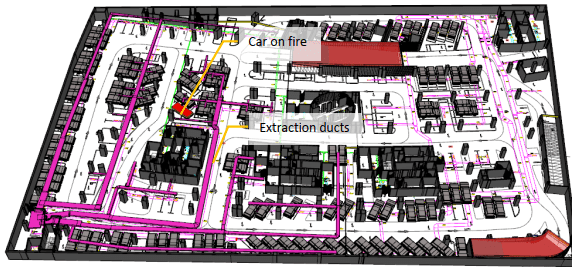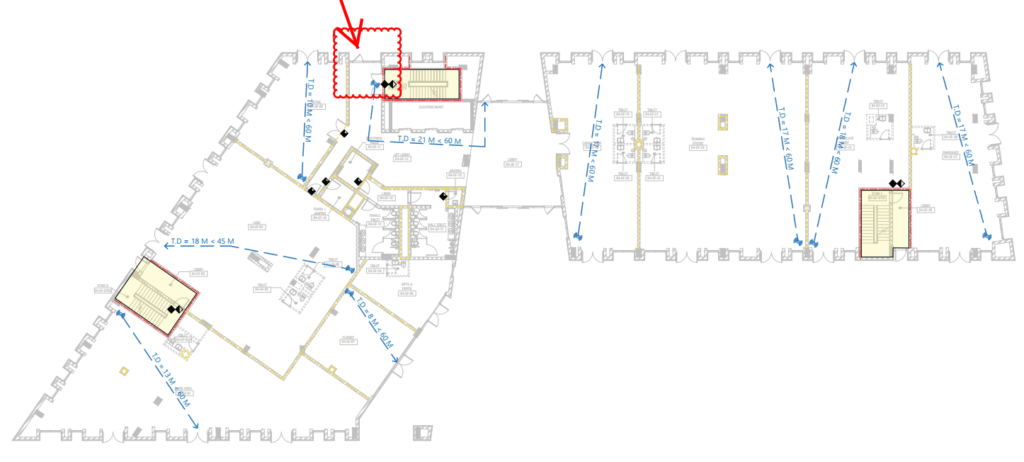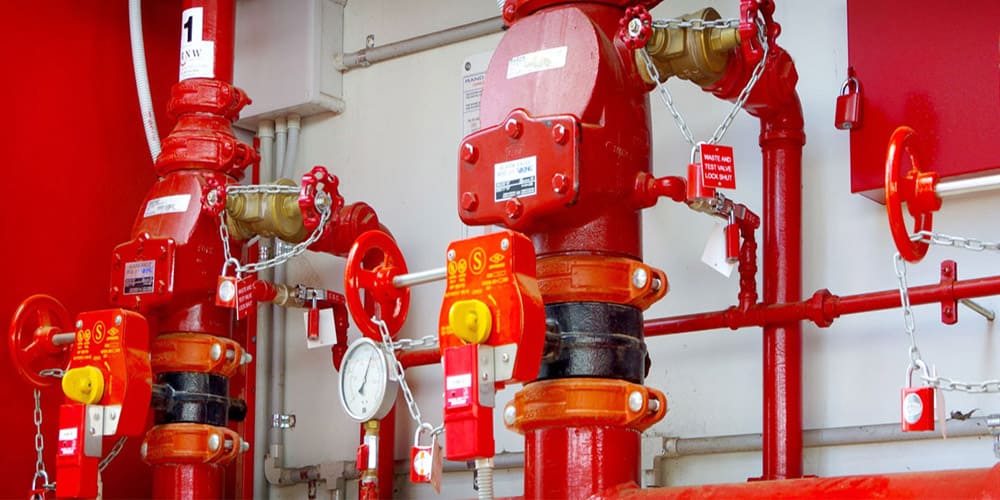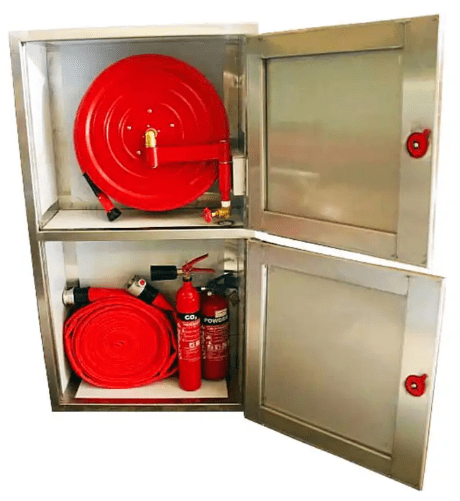Life Safety Section
Life Safety Section


Code Consulting & Peer Review Service
Fire Protection Service
From concept to tendering, all active and passive systems will be designed by certified fire protection specialists (CFPS). The fundamental responsibility of our engineers is the design of systems that satisfy the overall goals and objectives for a given facility. However, before specific protection systems can be designed, decisions must be made regarding what systems are most appropriate and necessary in light of the fire events of concern, and the overall outcomes to be achieved at the conclusion of these events.The fire protection services can be Identifies as the type of suppression, detection and alarm systems required, based upon the configuration of the facility and the intended use. The use of addressable technology, specific fire detection methods, interface with base building systems, off-site monitoring, and end-user interfaces evaluated as part of the overall fire protection strategy for the facility.

